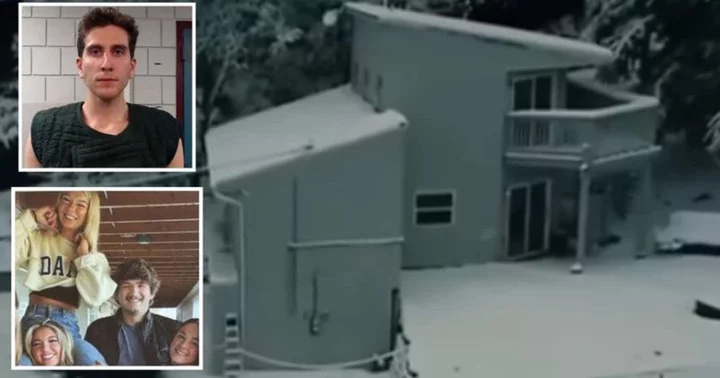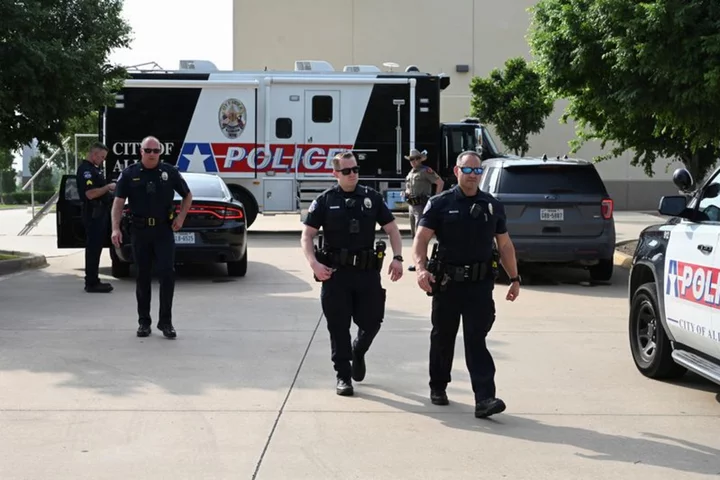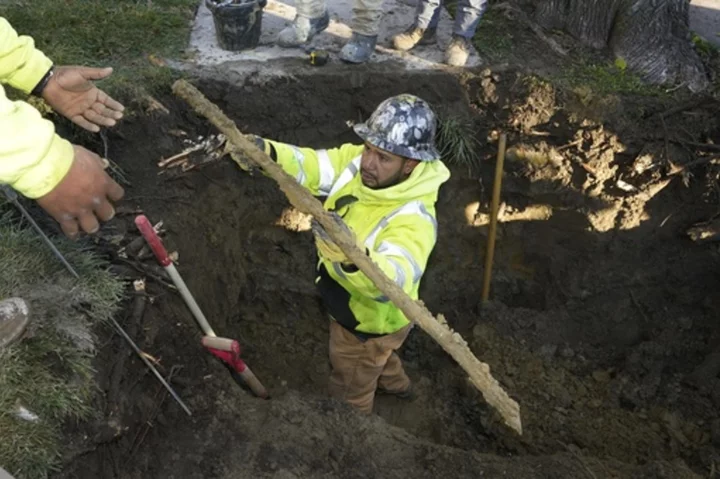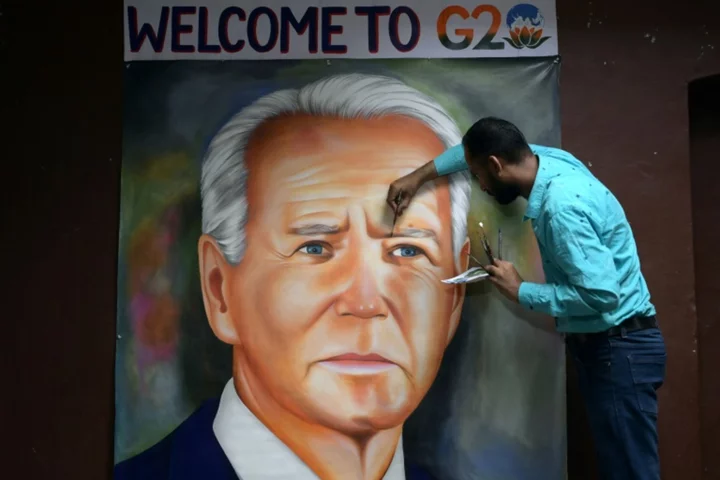MOSCOW, IDAHO: The Federal Bureau of Investigation (FBI) has returned to the scene of a quadruple homicide in Idaho on Halloween, only a month to a year after suspect Bryan Kohberger was arrested.
This move comes as the trial against him has been indefinitely postponed, leaving the internet asking: "Why today?"
The unconventional turn in Bryan Kohberger's case
The FBI's current operation aims to construct a physical model of the home where the killings took place. This development comes nine months after Bryan decided to waive his right to a speedy trial, thereby postponing the case against him indefinitely.
The decision to revisit the Moscow house, where the murders occurred on November 13, 2022, is intriguing, especially after prosecutors had previously approved an order to demolish the property.
However, Bryan's actions over the summer led agents to embark on this new endeavor, which included creating a physical model and generating a range of visual and audio exhibits to capture the events of that fateful night.
While the overall operation is projected to span several months, the university has confirmed that FBI agents are present at the scene for multiple days to gather the necessary data.
The construction of visual and audio exhibits, along with the physical model, will require significant time and effort, rendering the original trial date in October infeasible.
The ongoing dilemma of the 'Fratlantis' home
This delay marks the second time in recent months that the plan to demolish the house has been halted, primarily due to concerns that its destruction could affect the ongoing case.
The house, situated in a cul-de-sac known as 'fratlantis' due to its proximity to fraternity row, will continue to stand as a grim reminder of the tragic events of that fateful night.
The murders of Kaylee Goncalves, Madison Mogen, Xana Kernodle, and Ethan Chapin had a profound impact on the community, making the house on King Road a symbol of grief and remembrance.
The defense in Bryan's case has contested DNA evidence found at the crime scene, including his alleged DNA presence on a knife sheath. They have also claimed that DNA from three other unidentified men was discovered at the crime scene.
Furthermore, they seek additional information on how the FBI used DNA to create family trees, leading them to Bryan and his father in Scranton, Pennsylvania, for arrest.
Prosecutors, on the other hand, maintain that DNA evidence points to Bryan's involvement, as the military knife sheath, allegedly left behind by him, was found near one of the victims' bodies in the student home.
The FBI's use of genetic genealogy databases to identify Kohberger has been a pivotal aspect of the case.
Netizens slam Bryan Kohberger's investigation
With the trial timeline uncertain, internet users have slammed the investigation's delay. A user questioned, "Shouldn’t this have been completed much earlier?!?" Another chimed, "Wow after almost a year…why?"
A third claimed, "University says they were told the visual displays take months to build and were not feasible under previous trial timeline -- but now that there is more time they can create the model." Translation: He requested a speedy trial and when the clock was close to running out, he waived that right. Now the prosecution has more time to convince a jury he is guilty."
A user tweeted, "I just knew this town, seemed off, like a Cult, but this Halloween in the House of the Brutal Murders, takes the Cake." "After everything (!!!), why today??" questioned another. "OMG Just when you think you’ve heard everything smh #Praying4 #Justice4Idaho4," read a tweet.









